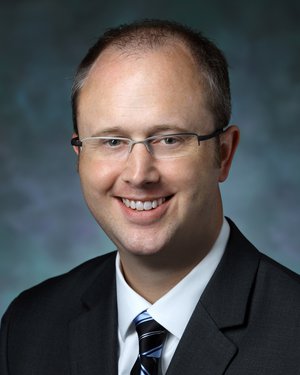Research Lab Results
-
Zeiler Stroke Recovery Lab
Improved acute stroke care means that more patients are surviving. Unfortunately, up to 60 percent of stroke survivors suffer disability in arm or leg use, and 30 percent need placement in a longer term care facility. Recovering motor skills after stroke is essential to rehabilitation and the restoration of a meaningful life. Therefore, there is an urgent need to develop innovative new approaches to rehabilitation. Most recovery from motor impairment after stroke occurs in the first month and is largely complete by three months. Improvement occurs independently of rehabilitative interventions (for example, physical and occupational therapy), which predominantly target function through compensatory strategies that do not constitute true recovery. Dr. Zeiler and his team are conducting research to uncover how to augment and prolong this critical window of time. -
Marsh Lab
The Marsh Lab studies stroke treatment, recovery and risk identification. The Marsh Lab created the Hemorrhage Risk Stratification (HeRS) score to predict hemorrhagic transformation in patients treated with anticoagulants. Currently, the Marsh Lab is using magnetoencephalography (MEG) to investigate how strokes impact higher level cognitive processes. Additional research in the lab focuses on treatment options for reversible cerebral vasoconstriction syndrome (RCVS).


